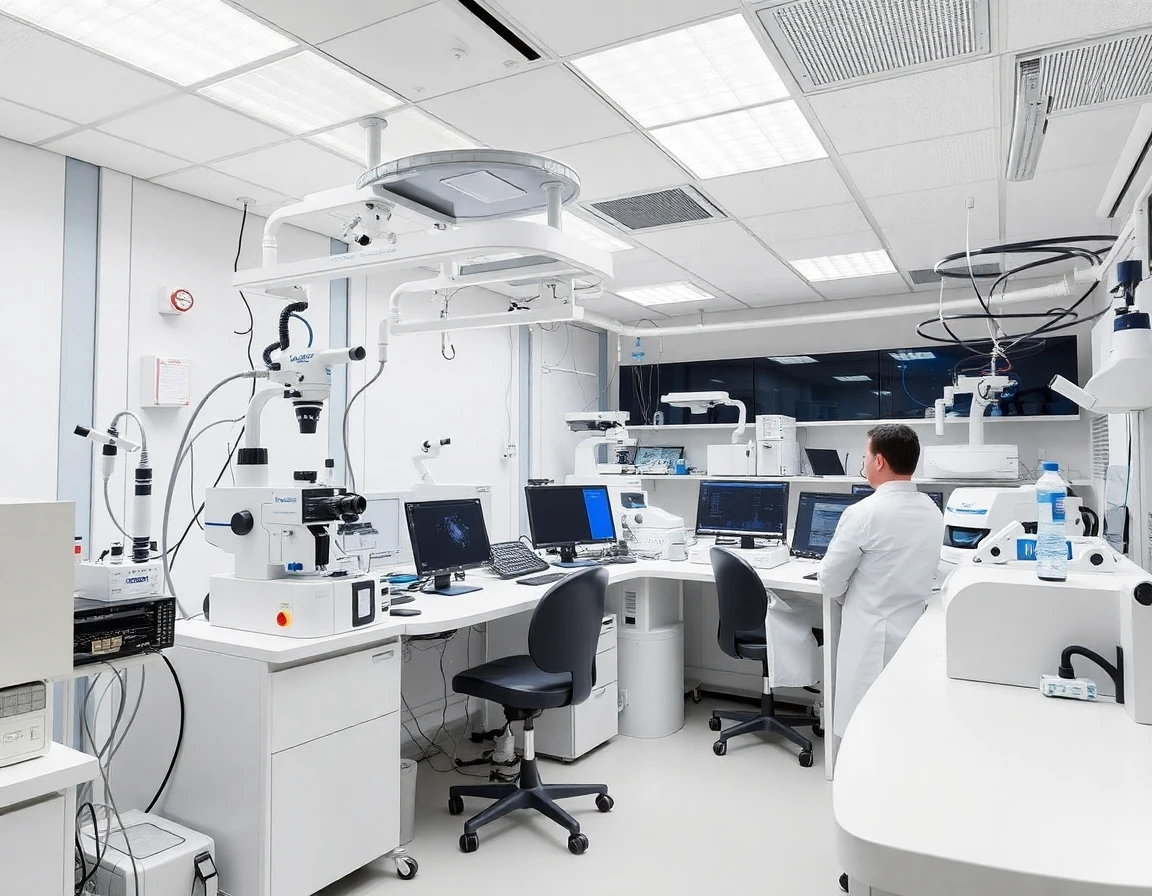As the International Space Station (ISS) nears the end of its operational life, the private sector is making significant strides in the development of commercial space stations. This shift marks a pivotal moment in the space industry, highlighting the growing role of private companies in space exploration and research.
The Transition from Government to Private Sector
Historically, space exploration has been dominated by government entities like NASA and Roscosmos. However, as the ISS, which has been operational since 1998, approaches its retirement, companies such as Axiom Space, Blue Origin, and Sierra Space are stepping up to fill the void.
Axiom Space, for example, plans to launch its first commercial module to the ISS by 2025, with ambitions to detach and operate independently by 2028. “The future of low Earth orbit is commercial, and we’re excited to lead the charge,” said Axiom Space CEO Michael Suffredini during a recent industry conference.
Key Technologies Driving Development
The development of commercial space stations will rely heavily on advanced technologies. One critical component will be high-precision control systems to manage the various operations and activities aboard these stations. These systems will be essential for tasks such as maintaining life support, docking spacecraft, and operating robotic arms for maintenance and deployment of satellites.
High-precision control systems, like those developed with rotary electric actuators, offer the reliability and precision necessary for the complex operations expected in a microgravity environment. Such technological advancements not only enhance operational efficiency but also ensure the safety of crew members during missions.
Impacts on Research and Development
Commercial space stations promise to open new avenues for scientific research and technological innovation. “With more players in the market, we can expect a surge in research opportunities, particularly in fields such as materials science, pharmaceuticals, and technology development,” noted Dr. Emily Turner, a space policy analyst at the Space Foundation.
These platforms will provide scientists and researchers access to microgravity environments that are crucial for conducting experiments that cannot be performed on Earth. Moreover, the potential for commercial partnerships may lead to increased funding and resources for ambitious research projects.
The Future of Satellite Communication
As commercial space stations become operational, they are likely to play a vital role in enhancing satellite communication. Advanced communication systems will be necessary to maintain constant contact with Earth, ensuring the smooth operation of missions and the safety of astronauts.
In this context, companies are exploring innovative satellite-communication solutions that can efficiently transmit data from space to ground stations. The integration of these technologies will not only bolster communication capabilities but may also improve global data networks, contributing to advancements in various sectors, including telecommunications and remote sensing.
Challenges Ahead
Despite the exciting prospects, the journey toward establishing commercial space stations is fraught with challenges. Funding remains a significant barrier, as private enterprises need to secure substantial investments to bring their ambitious plans to fruition.
Additionally, regulatory hurdles pose another obstacle that needs to be addressed. The involvement of multiple stakeholders, including international space agencies and private companies, requires a cohesive framework to ensure safety and compliance with existing space laws.
Conclusion: A New Frontier in Space Exploration
The development of commercial space stations represents a monumental shift in the aerospace landscape. As the ISS winds down its operations, the private sector is poised to take its place, ushering in a new era of space exploration that will not only enhance our understanding of the universe but also generate economic opportunities through commercial ventures.
With the integration of cutting-edge technologies like high-precision control systems, the future looks promising for commercial space stations. As industry leaders take bold steps forward, the potential for innovation and research in space is boundless, promising to reshape our approach to science and exploration for years to come.
References
-
commercial space station Research - defensenews.com (defensenews.com)
-
commercial space station Research - aviationweek.com (aviationweek.com)
-
commercial space station Research - spacenews.com (spacenews.com)



